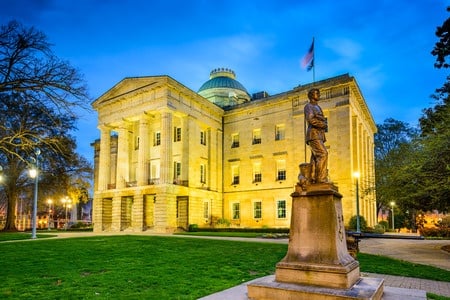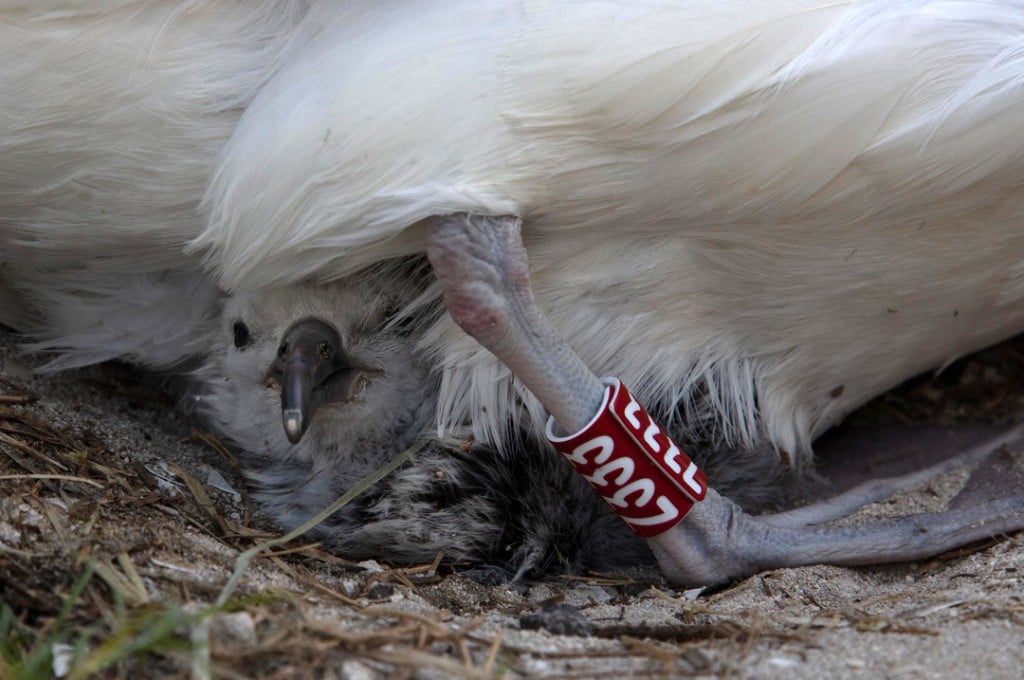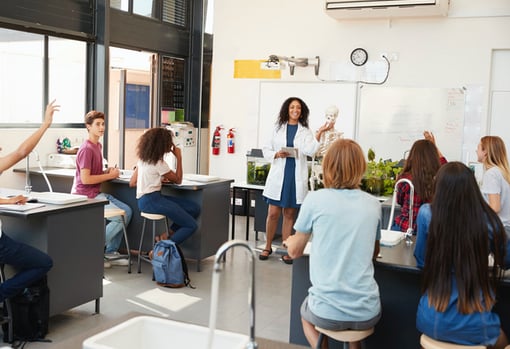Good News Headlines 7/15/2024
Bloomberg Gives $1 Billion To Hopkins To Make Tuition Free For Most Medical Students
by Ayana Archie, NPR
Most students pursuing medical degrees at Johns Hopkins University will receive free tuition, thanks to a $1 billion gift from businessman Michael Bloomberg’s philanthropic organization. Starting in the fall semester, students who come from households earning less than $300,000 will have their tuition paid for, while students whose households bring in less than $175,000 will have their tuition, fees and living expenses paid for, the university announced Monday. Nearly two-thirds of current and incoming students to the medical school will be eligible for the benefits.
‘Historic Victory’: Ecuadorian Judge Rules Pollution Violates River’s Rights
by Brett Wilkins, Common Dreams
Environmentalists around the world this week cheered what they called a “historic” ruling by an Ecuadorian court that human-caused pollution violates the rights of a river running through the capital city of Quito. Responding to an application for a protective action filed by the Kitu Kara Indigenous people, a Quito judge on Friday found that municipal authorities are responsible for violating the Machángara River’s rights and ordered officials to devise a decontamination plan. The city of Quito said it will appeal the ruling. Mayor Pabel Muñoz said that an approved cleanup plan for the Machángara would cost $900 million according to La Hora.
Surprise: American Voters Actually Largely Agree On Many Issues, Including Topics Like Abortion, Immigration And Wealth Inequality
by and , The Conversation
As the presidential election campaign heats up, media coverage suggests Americans are hopelessly divided and headed for a difficult fall – perhaps also a tense January. But that isn’t the whole story, according to reporting and poll results from the American Communities Project, a journalism and research effort we lead that is based at Michigan State University that analyzes the country by looking at 15 different community types. In fact, on issues and policies where government has a serious role, a 2023 survey from the American Communities Project, or the ACP, found a great deal of agreement in the 15 community types we examine.
How To Live Without Plastics For A Month, According To The Founder Of A Global Movement
by Claire Murashima, NPR
What would a month without buying any new single-use plastic products look like? It’s a tall order for many Americans, who go through about five pounds of plastic a week, according to Oxford University’s Our World In Data. Most of that plastic will end up in a landfill and take anywhere from 20 years to centuries to decompose. This level of plastic waste inspired the Plastic Free July movement, which aims to engage individuals to reduce single-use plastic consumption as well as push for systemic change. Rebecca Prince-Ruiz founded the movement in 2011 after touring a local recycling facility in Western Australia. Seeing the mountain of plastic her town generated made her understand the need to create less of it in the first place.
Need free pads or tampons? In Tampa, you can visit a ‘period pantry’
by Stephanie Colombini, NPR
Pads, tampons and other menstrual supplies aren’t cheap. Many low-income people struggle to pay for them, and they aren’t typically covered by government assistance programs like SNAP food benefits or Medicaid. Although some states have dropped sales taxes on menstrual products in recent years, 20 states still tax them. Florida dropped the sales tax in 2017. But many still find the cost prohibitive, says Bree Wallace, a reproductive rights activist in Tampa. “I think [menstrual care] is one of the most overlooked parts to things that people need,” she said. “A lot of people think of bigger ones like housing, food, things like that, so this is one that is often forgotten about, but affects millions of people just in the U.S. every year,” she said.











